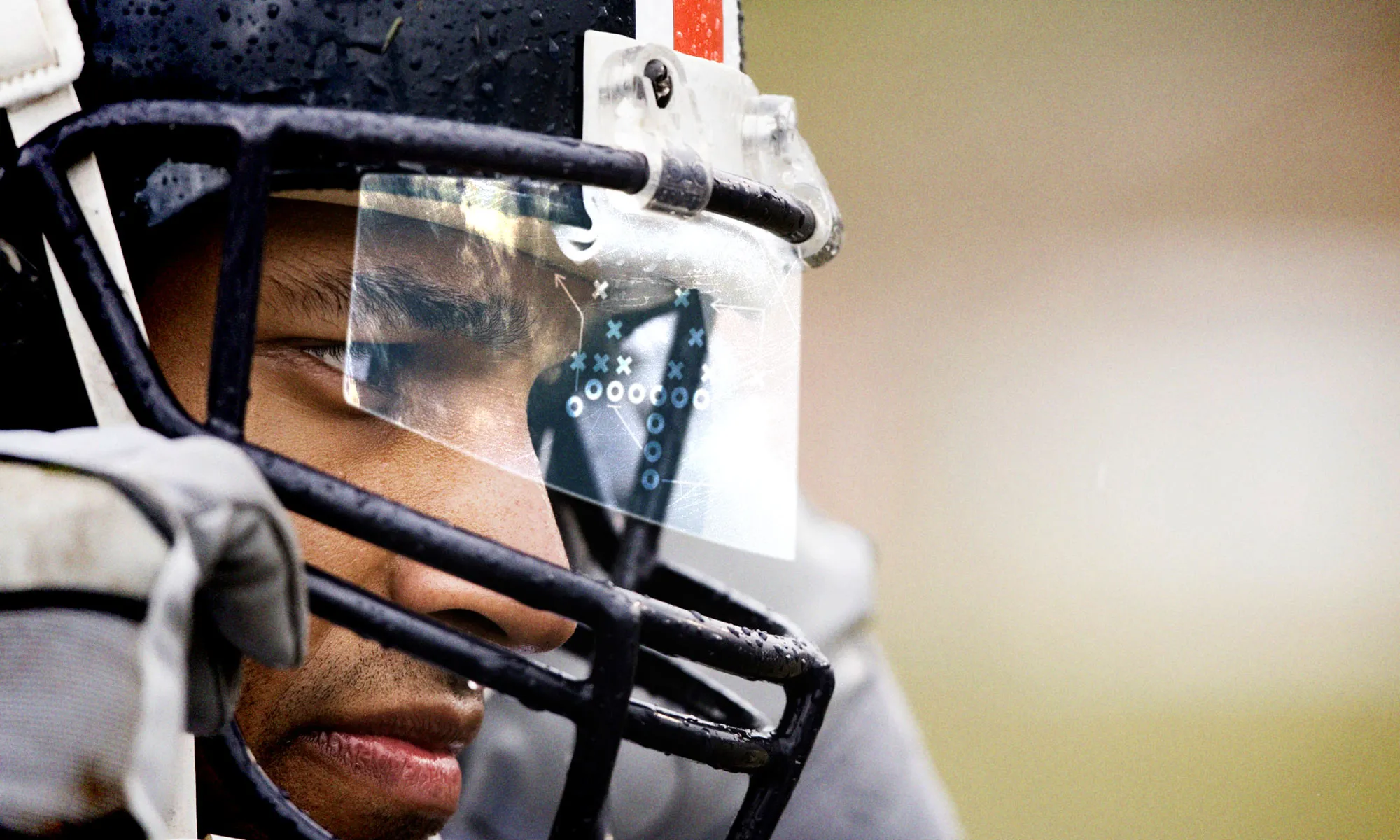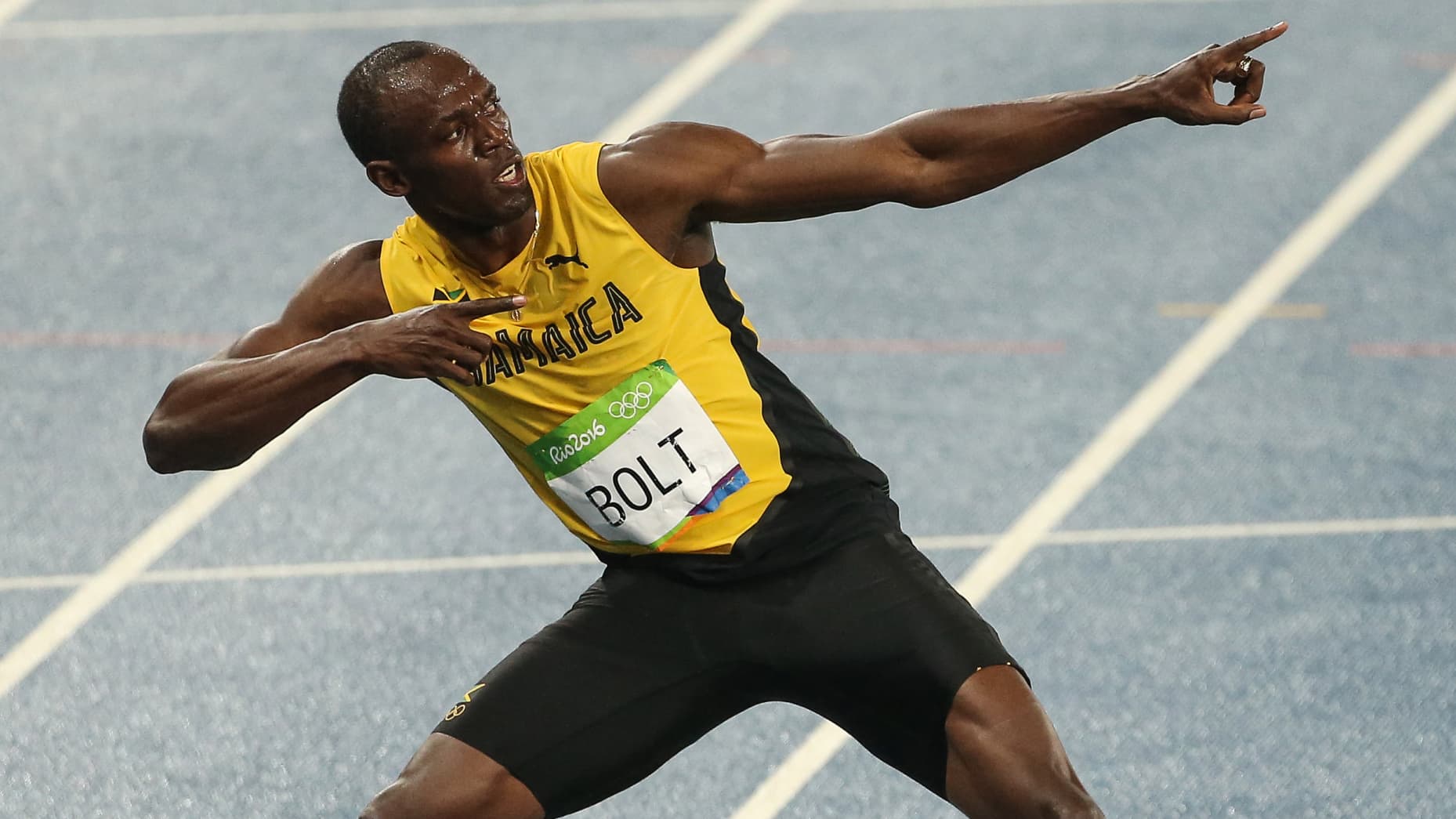Decoding Eighteen Angles of 'Hand of God' - The Goal That Shook Soccer and Sparked Endless Debate
The "Hand of God" goal, a moment in soccer history that is as controversial as it is iconic, is a subject of endless debates and discussions. This event occurred during the 1986 FIFA World Cup quarter-final match between Argentina and England. The Argentine captain, Diego Maradona, scored the infamous goal with his left fist, which he later called the "Hand of God". This article aims to unravel the various angles of this historic event, providing a comprehensive understanding of the factors that led to it, its impact on the game, and the debates it sparked.
The Build-Up
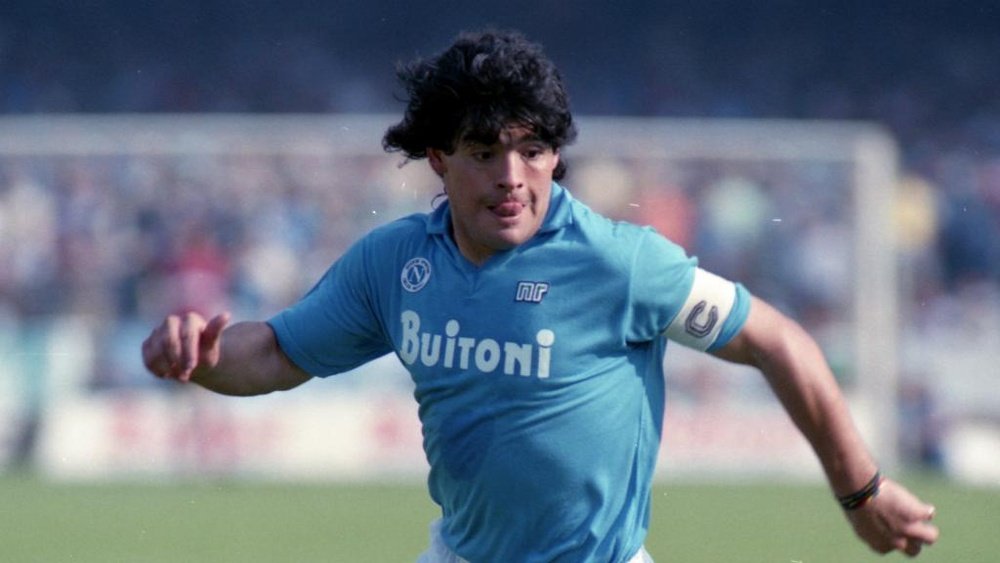
The tension between Argentina and England was palpable even before the World Cup. The Falklands War, a conflict between the two nations, had ended just four years prior, and the political tension had inevitably seeped into the sports arena. The match was seen as a chance for both nations to assert their dominance, not just in soccer, but also on the world stage.
The Game
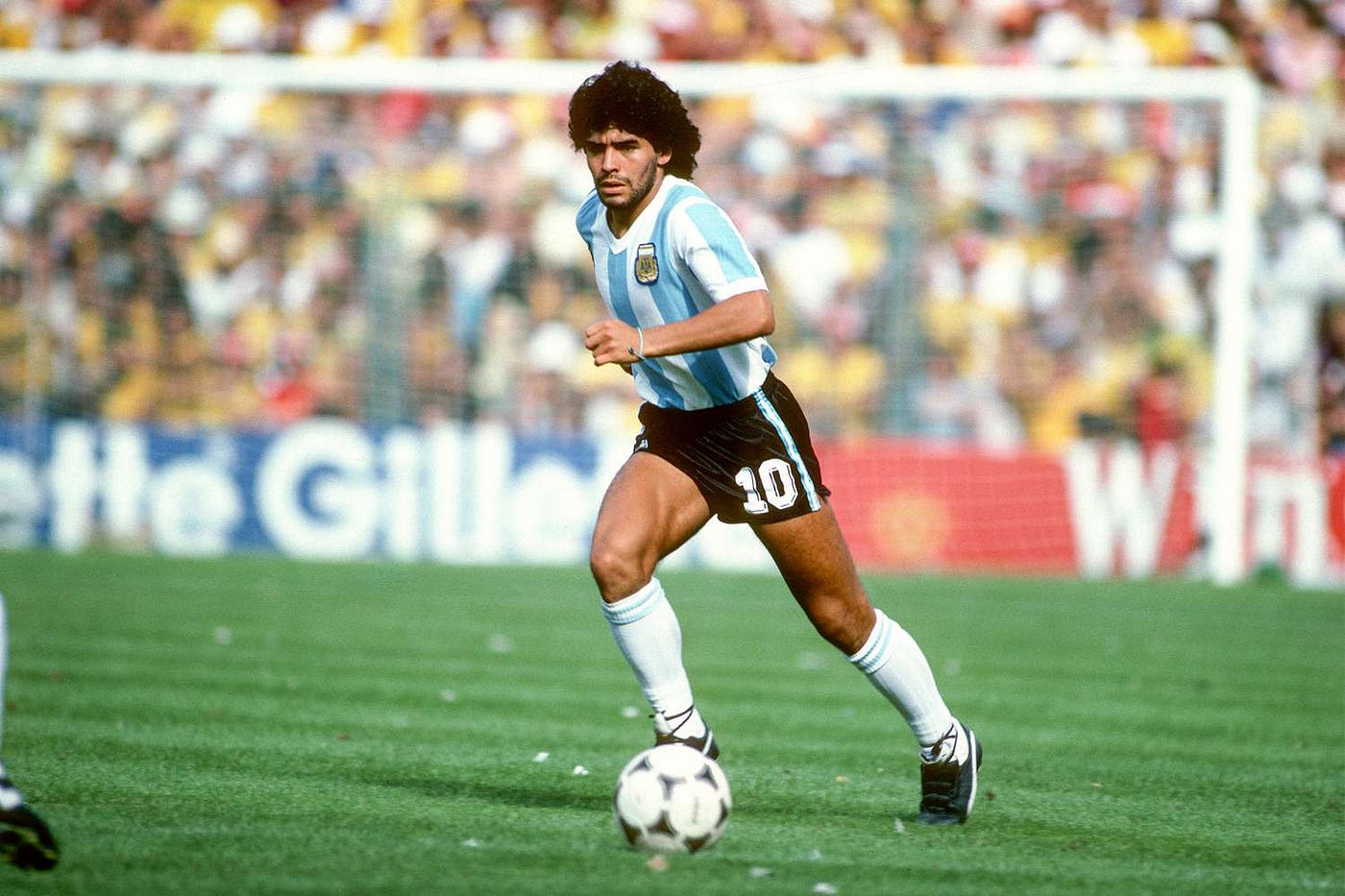
The quarter-final match took place on June 22, 1986, at the Estadio Azteca in Mexico City. The stadium was packed with over 114,000 spectators, all waiting to witness what would become one of the most memorable games in World Cup history. The first half was goalless, with both teams showing their defensive prowess.
The Moment
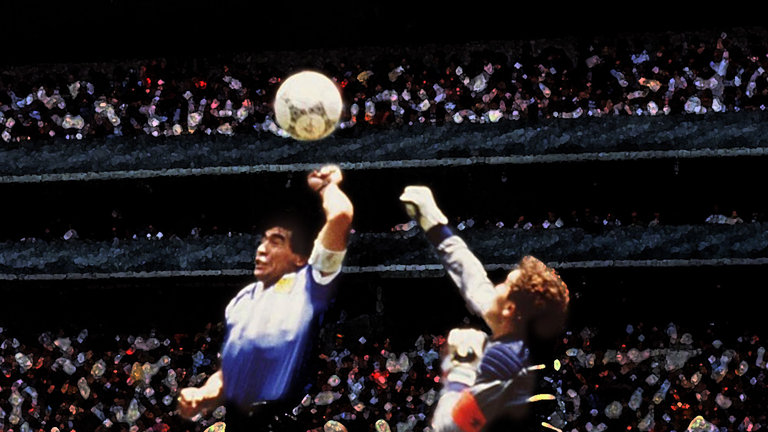
Maradona punched the ball into the net six minutes into the second half with his left fist. The referee, not seeing the handball, allowed the goal to stand. Maradona later claimed it was the "Hand of God" that guided the ball, a statement that would fuel debates for years to come.
The Aftermath
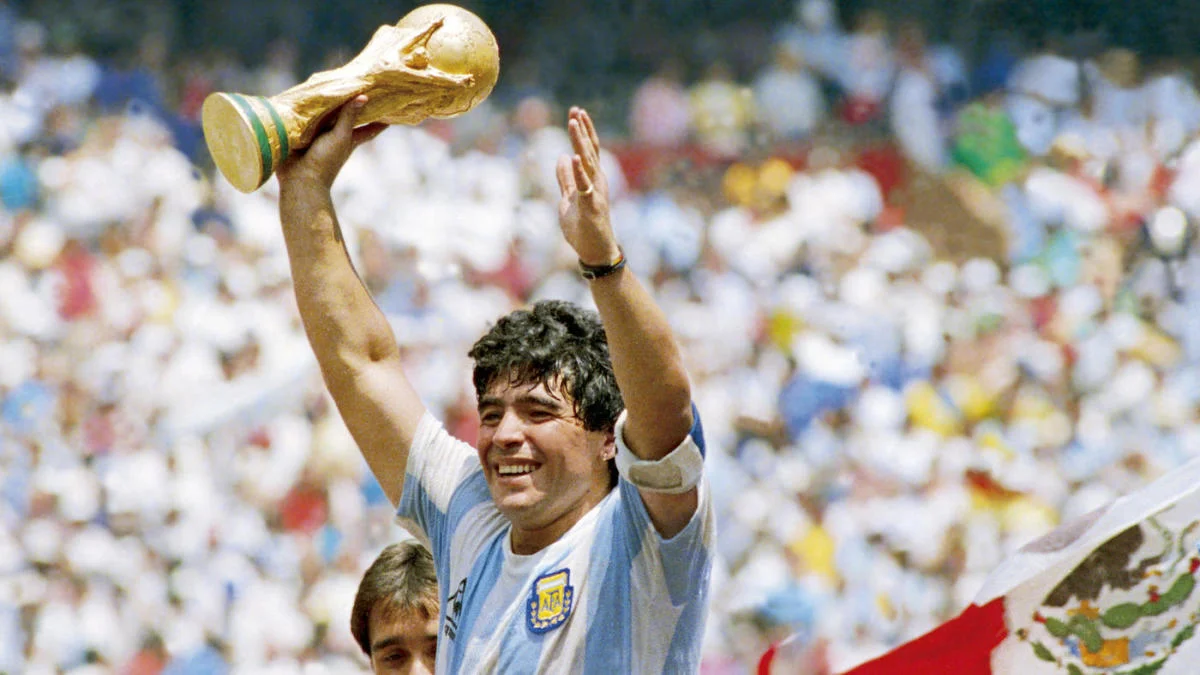
The goal sparked outrage among the English players and fans. Despite their protests, the referee's decision stood. Maradona scored another goal four minutes later, which is often referred to as the "Goal of the Century". Argentina won the match 2-1 and went on to win the World Cup.
The Referee's Perspective
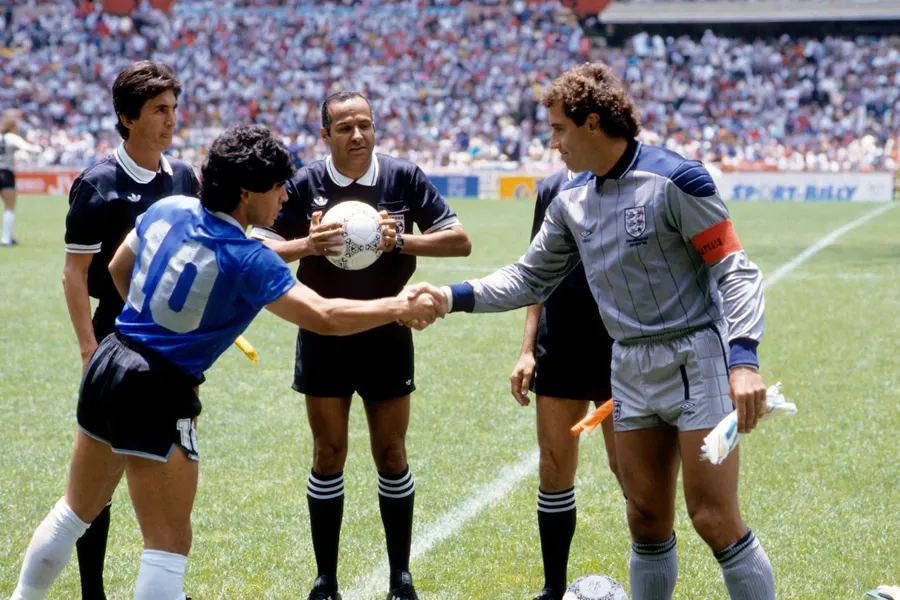
Tunisian referee Ali Bin Nasser was heavily criticized for his decision to allow the goal. He claimed that he was unsighted and did not see Maradona's handball. His decision has been dissected and analyzed by soccer pundits and fans alike.
Maradona's Perspective
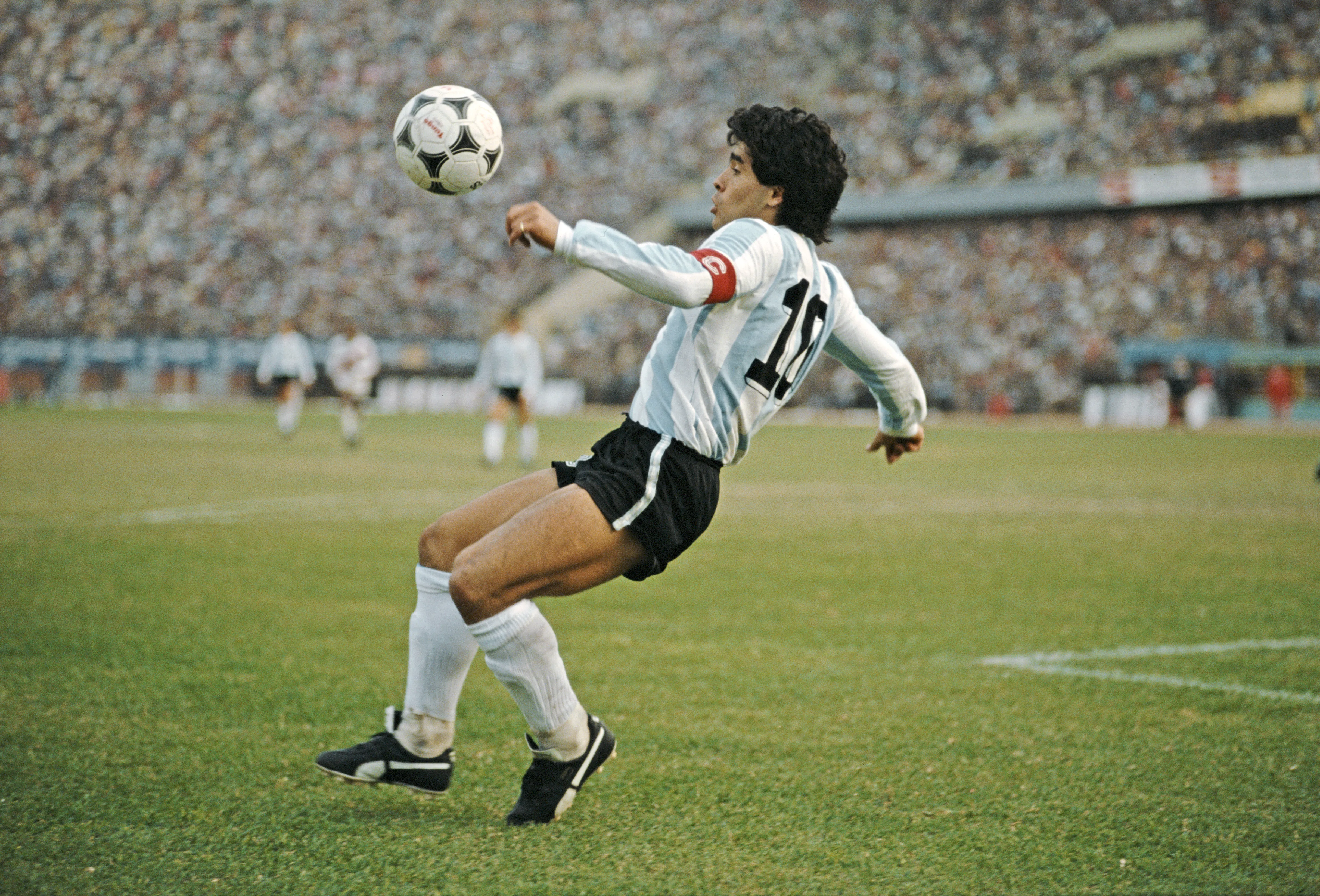
Maradona never apologized for the handball. He maintained that the goal was a result of divine intervention, hence the term "Hand of God". His audacious claim added to the controversy and intrigue surrounding the goal.
England's Perspective
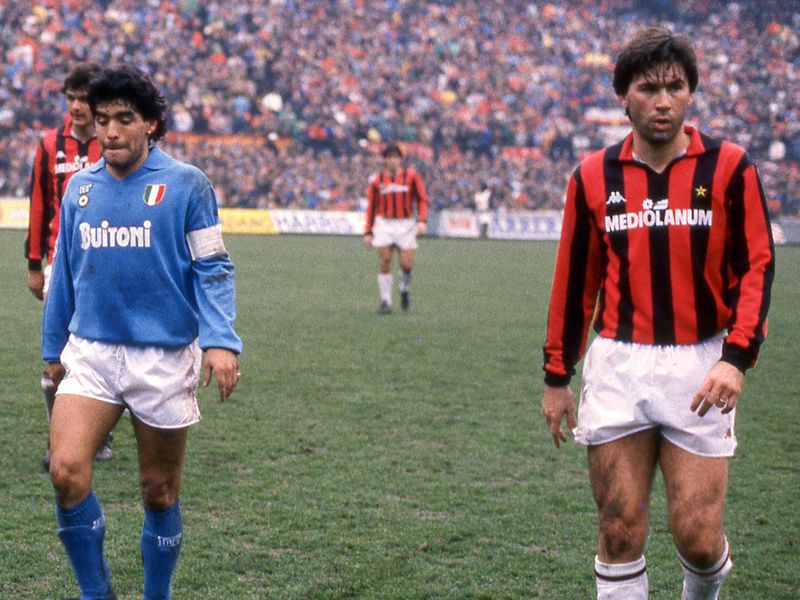
The English team felt robbed. They believed that the referee's decision had cost them the match and a chance at the World Cup. The "Hand of God" goal continues to be a sore point for English soccer.
Argentina's Perspective
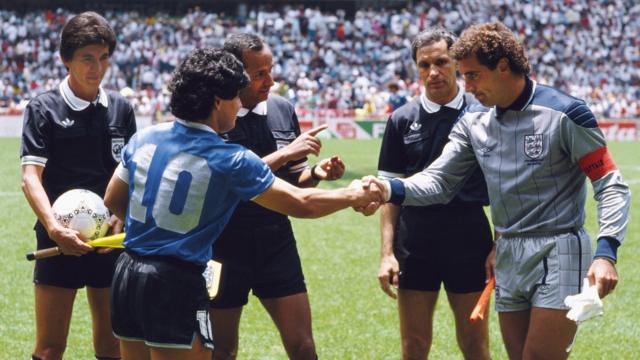
For Argentina, the goal was a moment of triumph. It symbolized their victory over England, both on the football field and in the political arena. The goal is celebrated in Argentina and Maradona is revered as a national hero.
The Goal's Impact on Soccer

The "Hand of God" goal led to calls for technology to assist referees in making decisions. It highlighted the fallibility of human judgment in sports and sparked a debate that eventually led to the introduction of Video Assistant Referee (VAR) technology in soccer.
The Ethical Debate

The goal also sparked an ethical debate. Was Maradona's handball an act of cheating, or was it a clever exploitation of the referee's blind spot? This question has divided soccer fans for decades.
The Cultural Impact

The "Hand of God" goal has permeated popular culture. It has been referenced in films, songs, and literature. It symbolizes the audacity, controversy, and drama that make soccer the world's most popular sport.
The Goal's Impact on Maradona's Career

The goal cemented Maradona's status as one of the greatest players in soccer history. However, it also cast a shadow over his career. Despite his numerous achievements, Maradona is often remembered for the "Hand of God" goal.
The Goal's Impact on English Soccer

The goal had a profound impact on English soccer. It served as a catalyst for a period of introspection and change, leading to significant improvements in the English game.
The Goal's Impact on Argentine Soccer
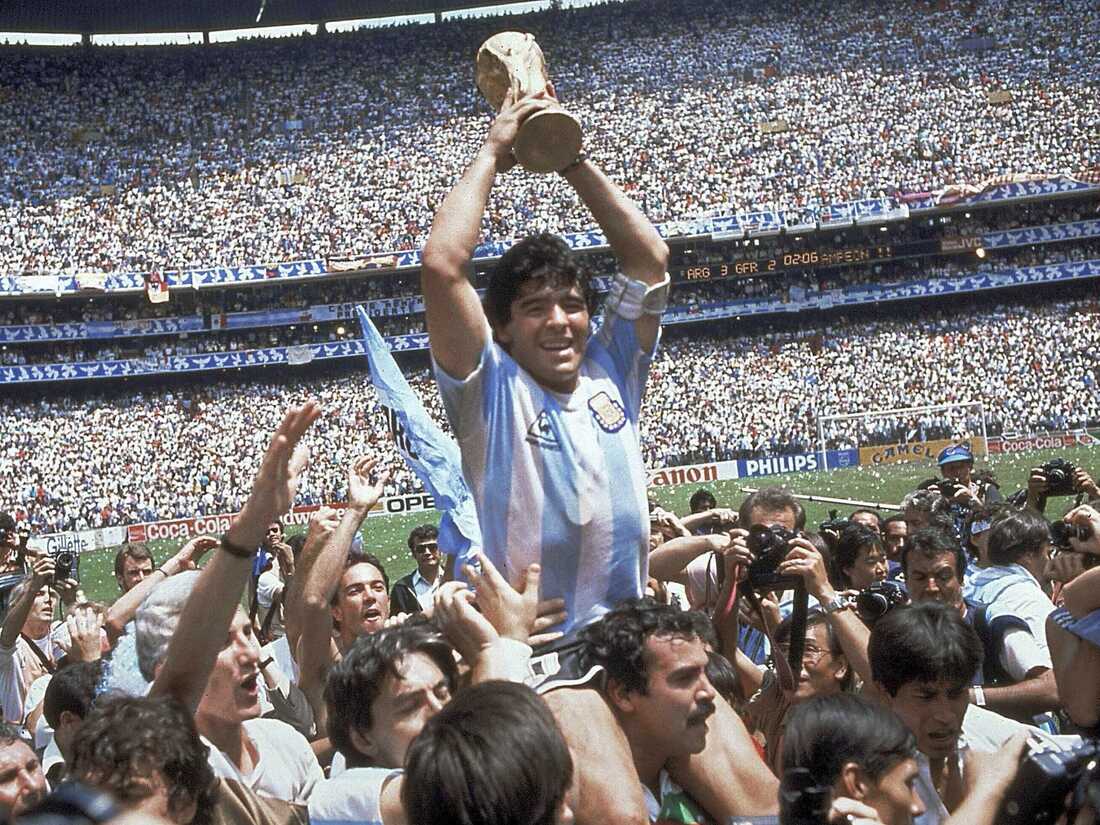
The goal elevated Argentine soccer to new heights. It marked the beginning of a golden era for Argentine soccer, with Maradona at the helm.
The Legacy of the "Hand of God" Goal

The "Hand of God" goal has left an indelible mark on soccer. Its impact can be felt in the rules of the game, the use of technology, and the way the sport is perceived.
The Controversy Continues

The controversy surrounding the "Hand of God" goal continues despite the passage of time. It remains a topic of heated debate among soccer fans, pundits, and players.
The Lessons Learned

The "Hand of God" goal serves as a reminder of the unpredictability of soccer. It underscores the importance of fair play, the role of technology in sports, and the power of a single moment to define a player's career.
The "Hand of God" goal is more than just a moment in a soccer match. It symbolises the drama, controversy, and passion that make soccer the world's most beloved sport. As we continue to debate and analyze this iconic moment, one thing is clear - the "Hand of God" goal will forever be a part of soccer's rich tapestry.

